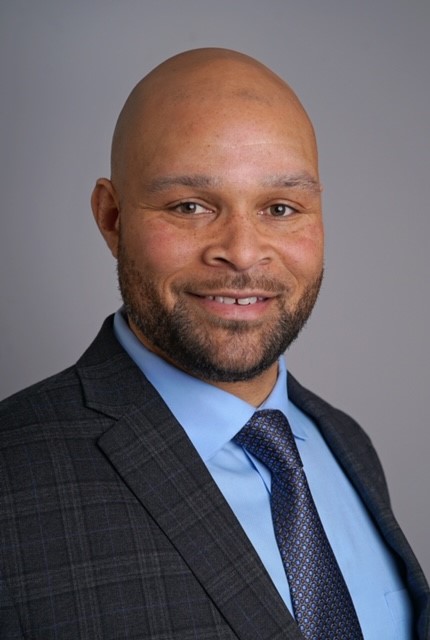As the country’s demographics shift, the housing industry must adapt to serve its increasingly diverse renters and homeowners. Yet, our industry’s workforce is more than 70% white and almost 60% men. 1
This lack of representation hinders our ability to truly understand the experiences of our customers.
That’s a problem.
Our industry’s workforce should represent its customer base in order to best serve their needs. It’s not something that one company can do alone. Rather, it will require an industry-wide effort and many changes in how we do business, especially in the way we attract and support talent.

Two years ago, Fannie Mae launched Future Housing Leaders, a program that connects college students with diverse backgrounds to paid internship and entry-level job opportunities with housing industry employers. The program reflects Fannie Mae’s understanding that the housing industry is stronger when it has input from diverse minds.
As a young black man growing up in Buffalo, New York, I experienced the challenges that make owning a home unsustainable for so many families in underserved, working-class communities. As I came to understand the importance of homeownership as the cornerstone of wealth-building, I knew I wanted to make a difference through a career in housing.
But a path to that career wasn’t always clear.
My experience is not unique. People who do not have exposure to corporate careers through family members or friends likely are less familiar with career opportunities in housing, which leaves a large part of the population – including many minorities – out of the applicant pool.
Moreover, many of our industry’s hiring efforts rely heavily on referrals or recruiting from the same short-list of institutions or the same set of academic majors. This results in a pool of applicants whose backgrounds are similar to our current workforce, and we can do better.
Future Housing Leaders actively recruits at universities and colleges that have a high minority population, introducing students in a wide range of majors to careers in the housing industry they might not have otherwise considered. Through these efforts, Future Housing Leaders identifies top students from diverse racial, ethnic, academic and socio-economic backgrounds, building a stronger and more diverse applicant pipeline for the industry.
But we’re not just connecting students with job openings – we’re helping them succeed with support throughout their internship, providing free training and resources, a network of peers and access to industry leaders, events, and webinars. This ongoing support is especially critical to sustaining talent who may not have access to these kinds of resources through their colleges or personal connections.
Last year, we worked with our employer partners to place a group of 95 students, whose gender and racial/ethnic diversity outpaced that of our industry, in housing industry internships. And the employers we work with are experiencing the benefit of keeping the talent we provide in their workforce. We’re seeing internships for graduating seniors turn into full-time jobs, and many have expressed increased interest in pursuing a career in housing.
While we’re proud of our proven success, we know that to truly make an impact we need to continue to shift the way our industry attracts and retains talent by bringing more employers on board. We can no longer lean solely on referrals or recruiting from a short-list of institutions lacking in diversity to bring us an applicant pool that will help our companies succeed.
As you continue to build your team with internship and entry-level talent, I encourage you to move away from status-quo recruiting and join our effort to open more doors to careers in housing.
1 Polygon Research 2019: Polygon Research analysis based on American Community Survey 5-year PUMS data (2013-2017) and EMSI data (March, 2018 – March, 2019)





